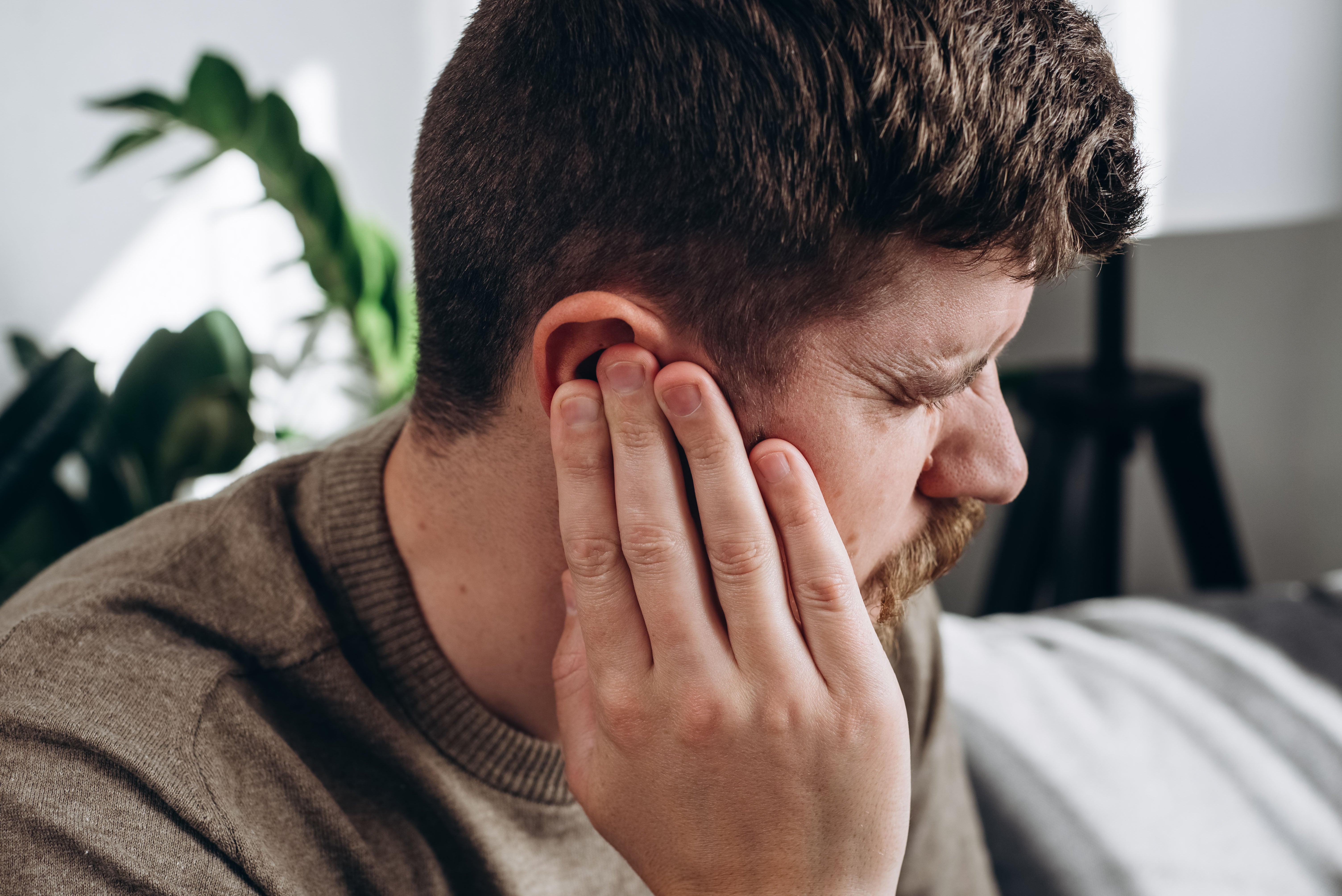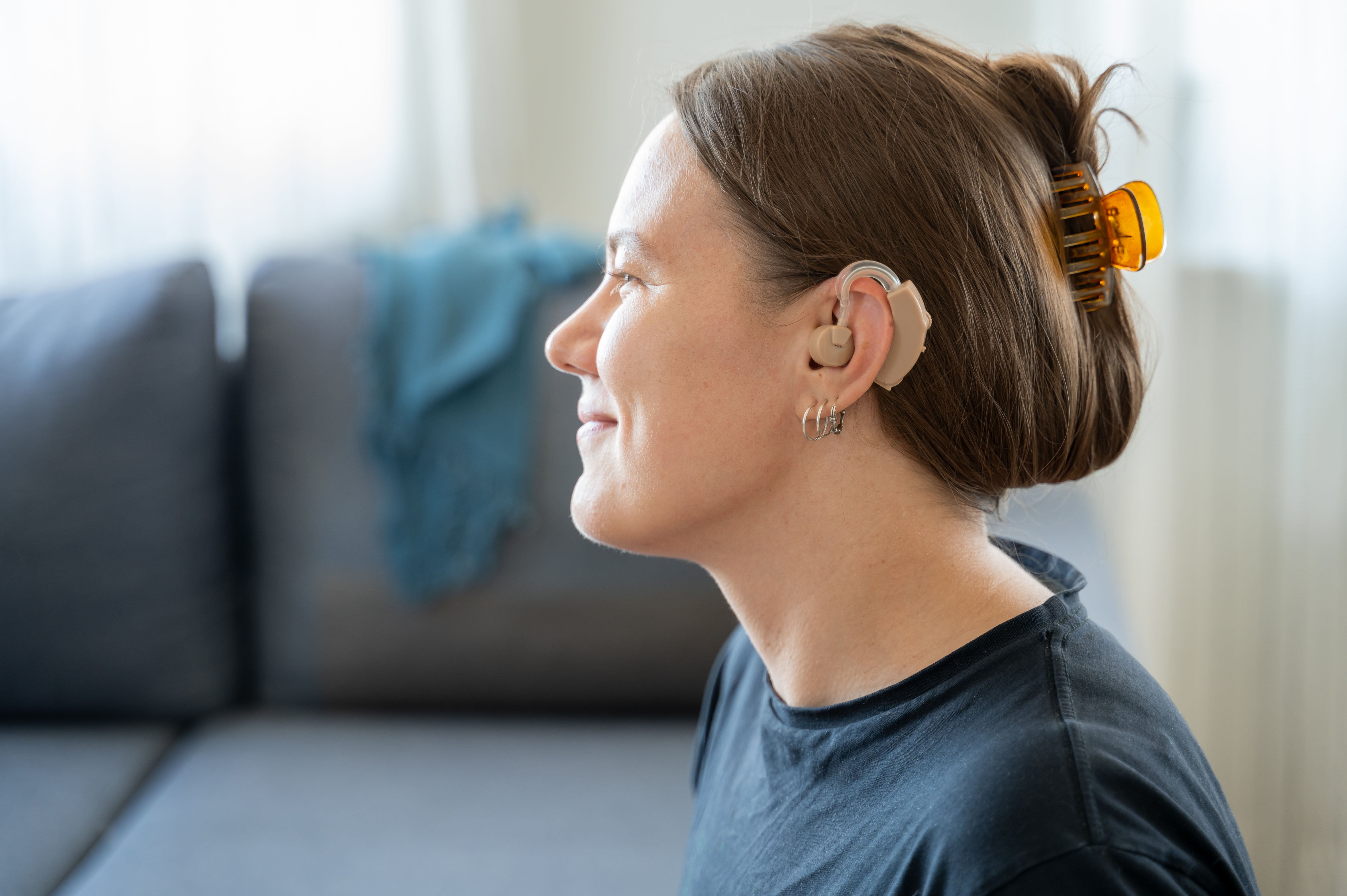Ear, Nose & Throat
Ear, nose, and throat (ENT) health encompasses the care of the ears, nasal passages, throat, and related areas. Discover resources for maintaining wellness when it comes to ENT health, along with information on diagnosis and treatment of conditions that affect hearing, balance, breathing, and speech.
Explore ear, nose & throat
Causes
The cause of conditions related to your ear, nose, and throat can range from genetics to environmental factors.
Definition
Learn the anatomy basics of your ear, nose, throat and neck area to better understand how to stay healthy.
Diagnosis
Diagnosing issues in your ears, nose, throat is best done by an ENT specialist, learn more about diagnosis methods.
Management
Learn more about managing conditions and symptoms related to your ear, nose, throat, and neck.
Prevention
Ear, nose, and throat issues can be prevented with regular check-ups and diligent care on a regular basis.
Recovery
Recovery from infections, irritations, or surgeries of the ear, nose, and throat can vary, learn more here.
Related Conditions
Conditions of the ear, nose, and throat are sometimes symptoms of other unrelated conditions.
Symptoms
Most ear, nose, and throat symptoms are easily treatable, but some can be signs of a larger condition, read more.
Featured ENT Articles

Symptoms
Dizziness (Vertigo) and Balance Problems
Falls or accidents can lead to pain, broken bones, a hospital stay, and a fear of future falls. Protect yourself and others by preparing for episodes.
Treatment
Self-Care for Sore Throats
Sore throats happen for many reasons, such as colds, allergies, cigarette smoke, air pollution, and infections caused by viruses or bacteria.

Common ear, nose, and throat issues
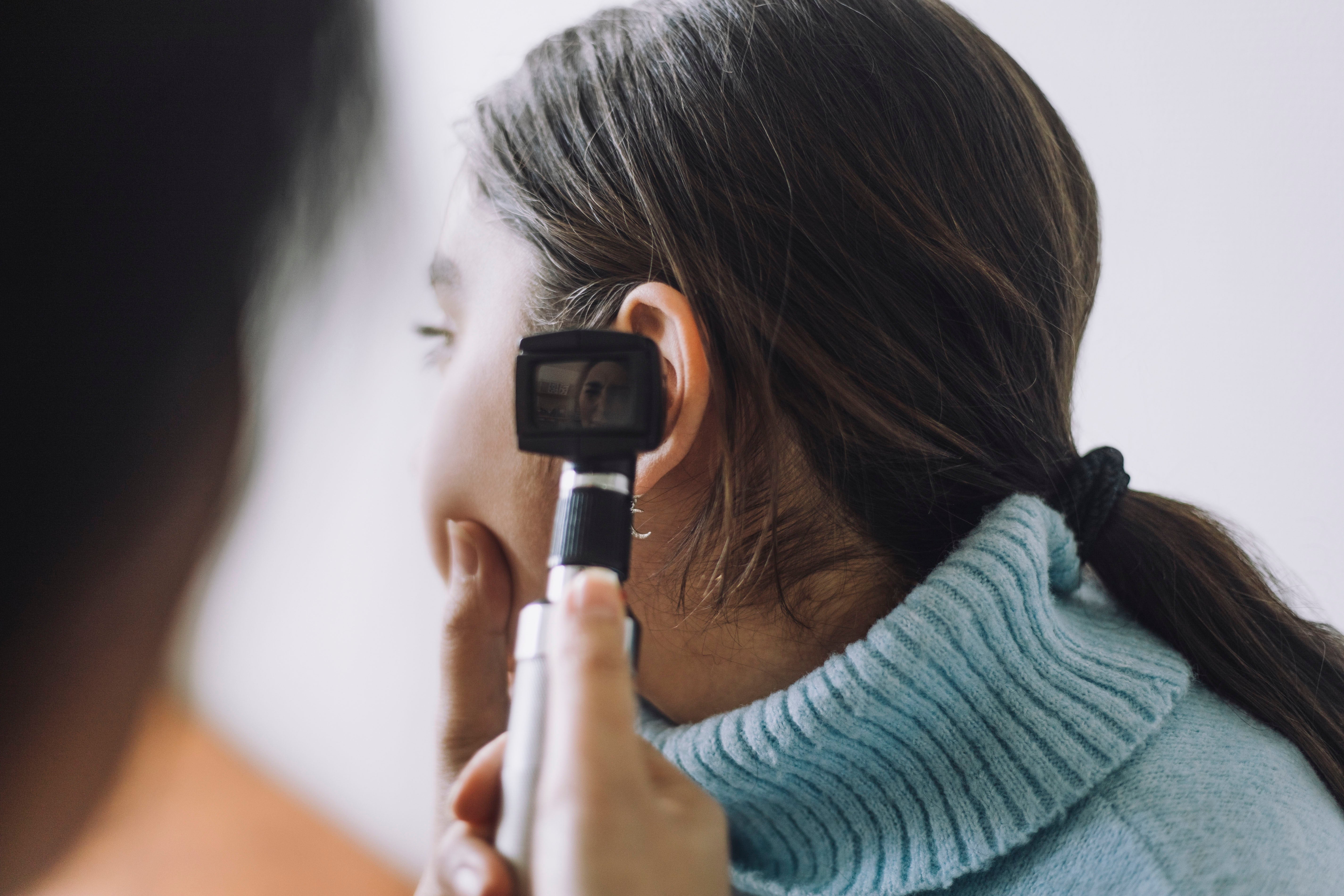 Types
Types
Middle Ear Infection (Adult)
Learn how to care for yourself when you have an infection of the middle ear (the space behind the eardrum).
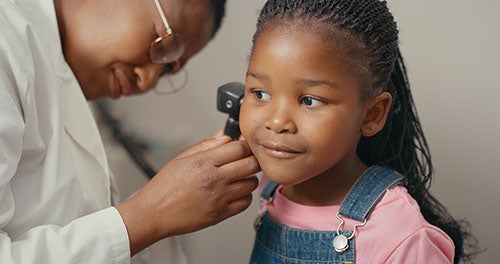 Types
Types
Understanding Middle Ear Infections in Children
Middle ear infections are most common in children under age 5. Crankiness, a fever, and tugging at or rubbing the ear may all be signs that your child has a middle ear infection, particularly if your child has a cold or viral illness.
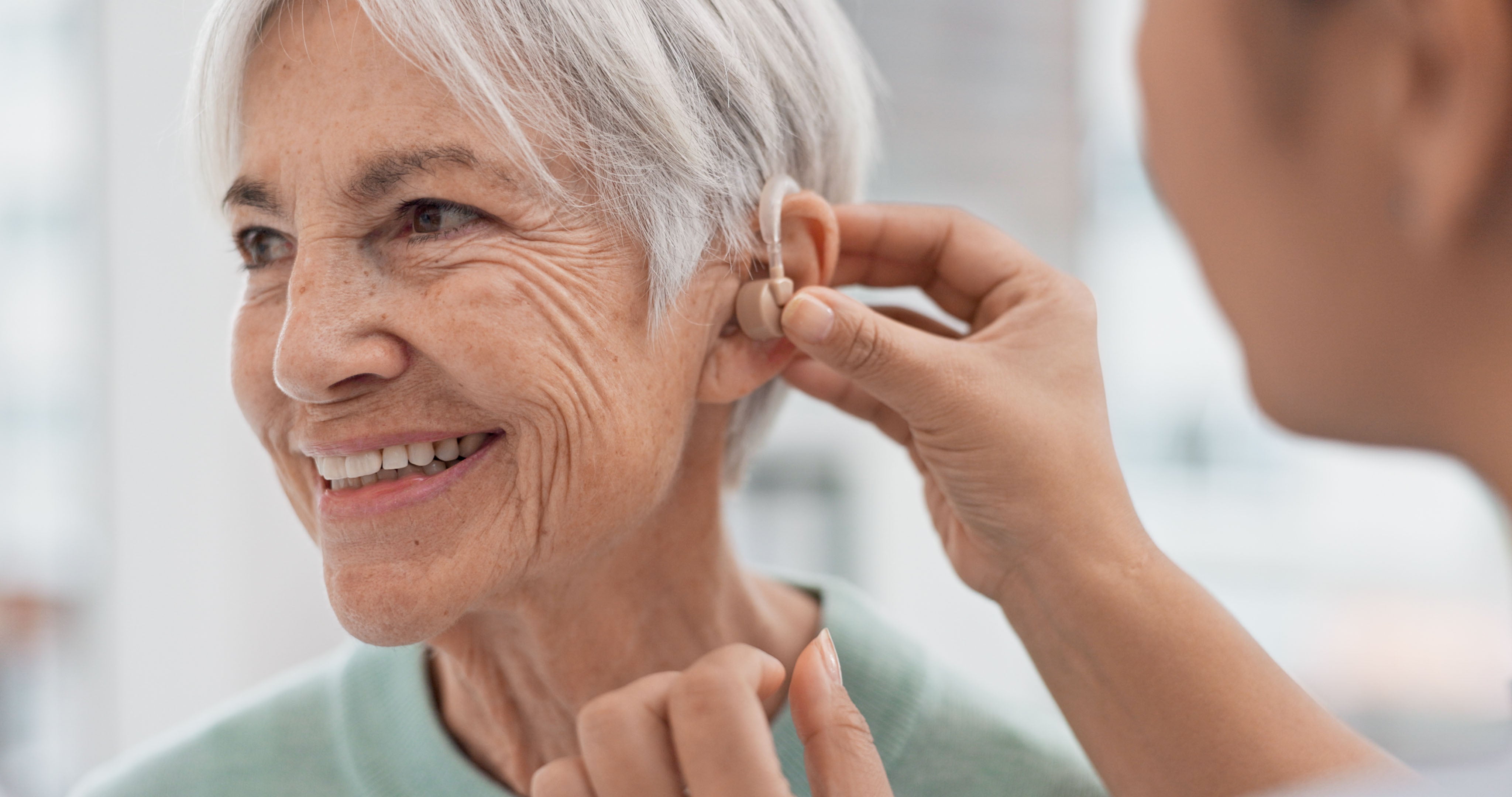 Symptoms
Symptoms
Signs of Hearing Loss
Most people age 65 and older have some hearing loss. By age 80, almost everyone does. Hearing loss often occurs slowly over the years. So you may not realize your hearing has gotten worse.
 Types
Types
Tonsillitis in Adults
Tonsillitis is very common. It is most often seen in children, but it can also occur in young adults. Read on to learn about the types of tonsillitis, as well as diagnosis, treatment, and prevention.
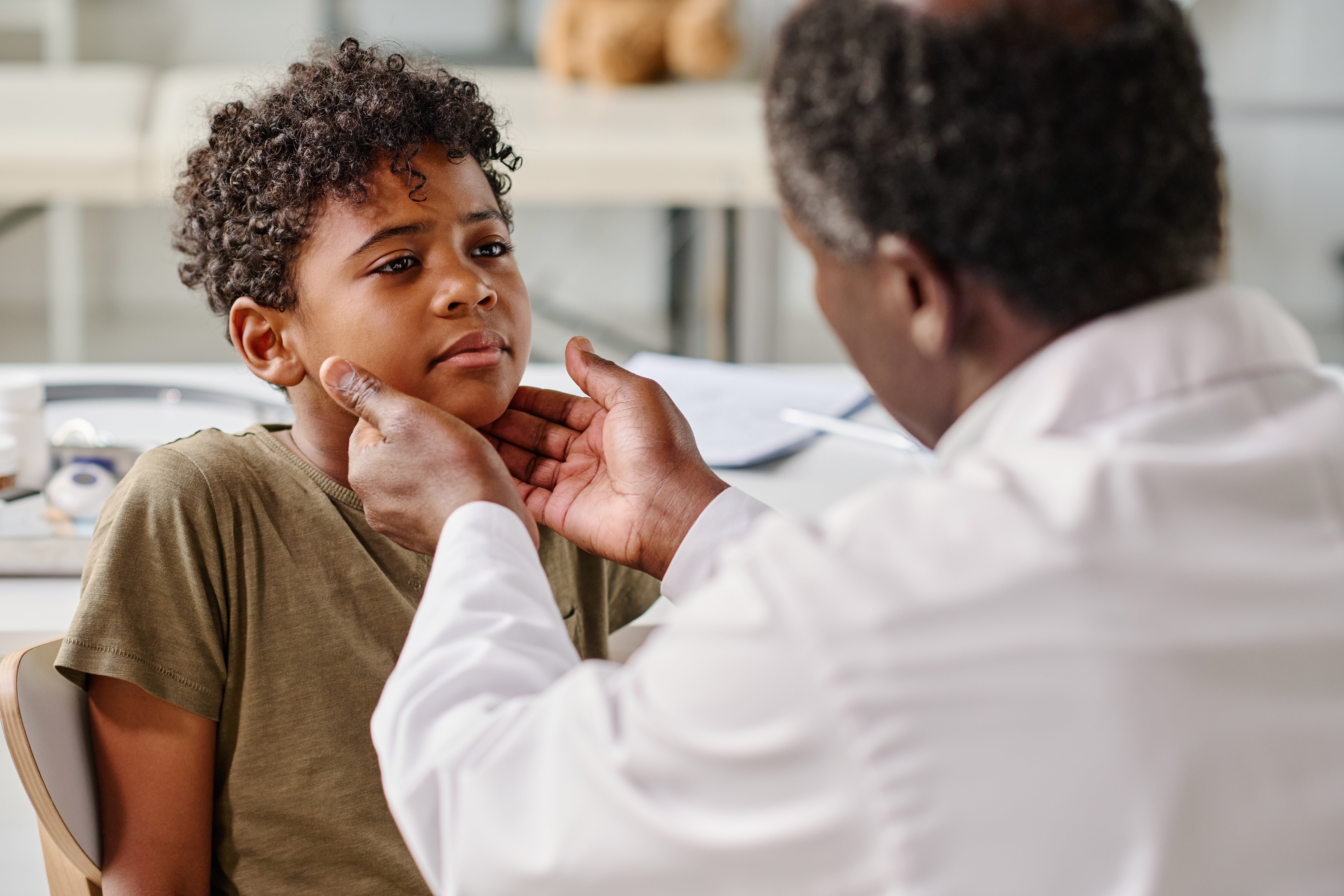 Types
Types
Tonsillitis (Child)
Tonsillitis is an inflammation or infection of your child's tonsils. Learn more about tonsillitis and how to care for your child at home.
Prevention and management
Test your knowledge and learn more about ENT health
Take the Ear Infection Quiz
Infections of the middle ear, called otitis media, seem to be a common badge of childhood. Seventy-five percent of children experience at least one episode of otitis media by their birthday. How much do you know about this illness?
How Much Do You Know About Taste and Smell?
Smell and taste problems can have a big impact on our lives. Because these senses contribute substantially to our enjoyment of life, our desire to eat, and be social, smell and taste disorders can be serious.
Take The Vocal Cords Quiz
Answer this one: Lawyers and teachers are particularly susceptible to vocal abuse and misuse problems.
Seasonal Allergies
Allergic rhinitis that happens in only part of the year is often called seasonal rhinitis, or hay fever. Rhinitis that happens all year long is called perennial allergic rhinitis. Allergic rhinitis usually isn't a serious problem, but the symptoms can sometimes disrupt daily life.

